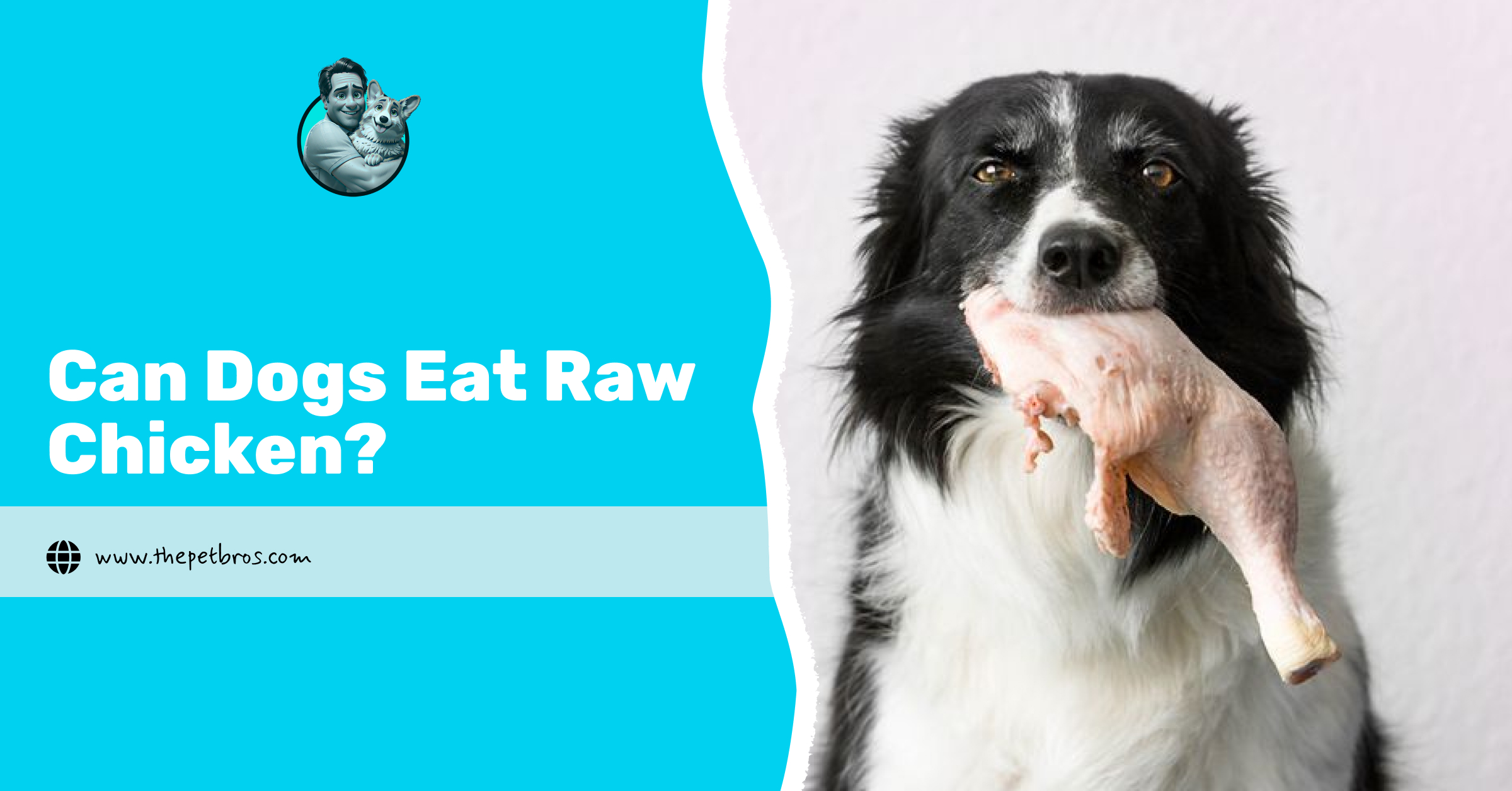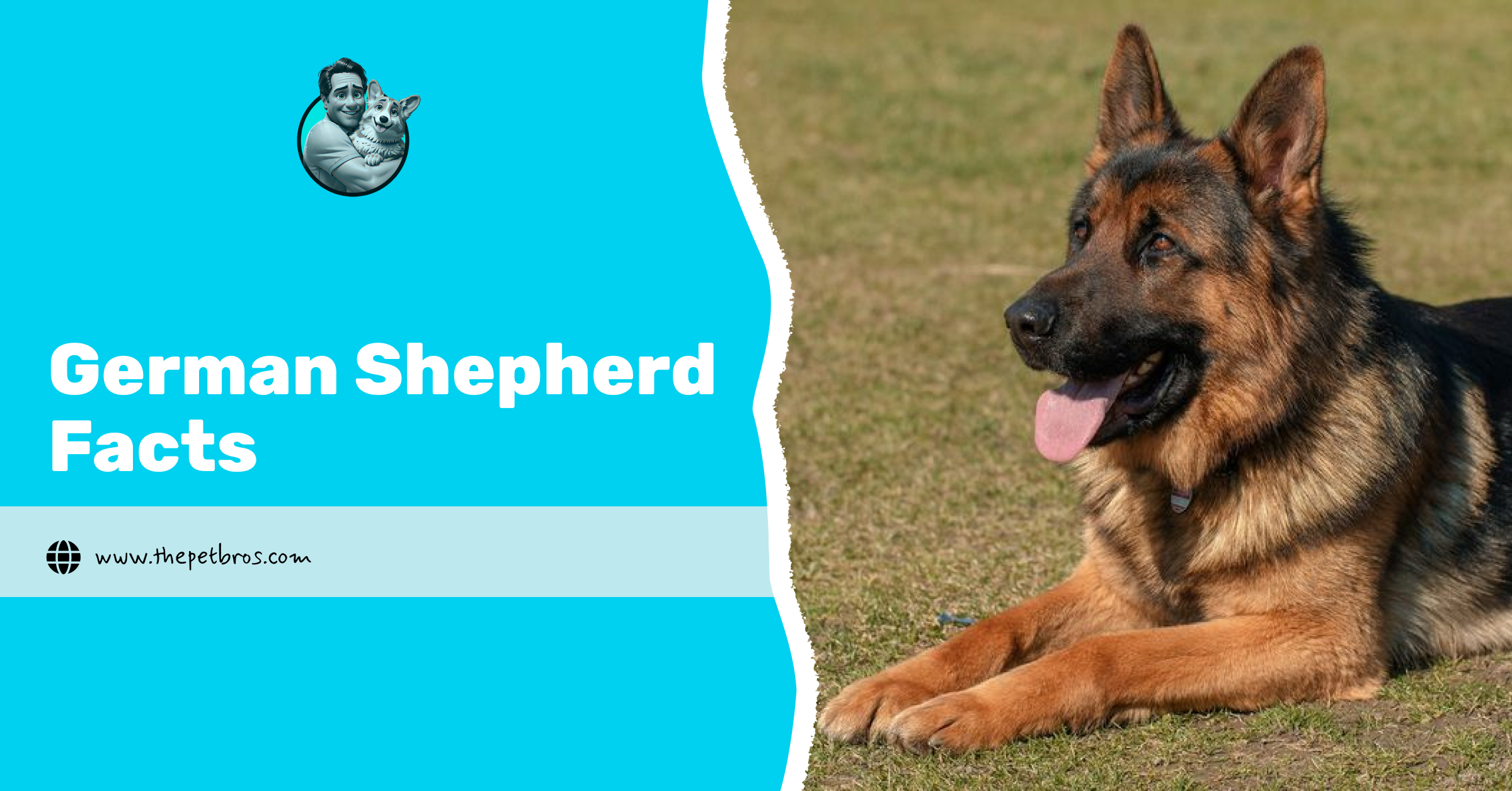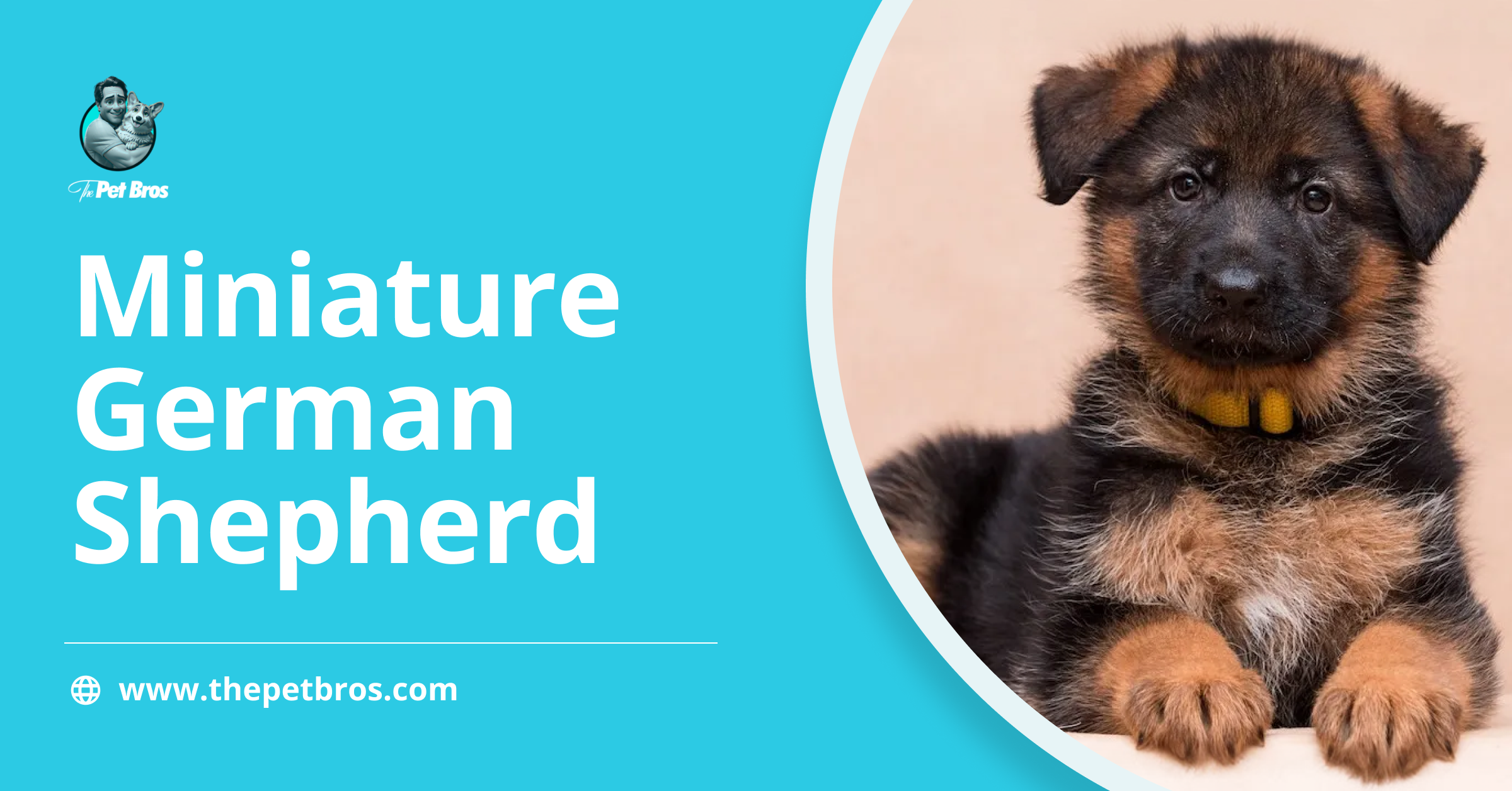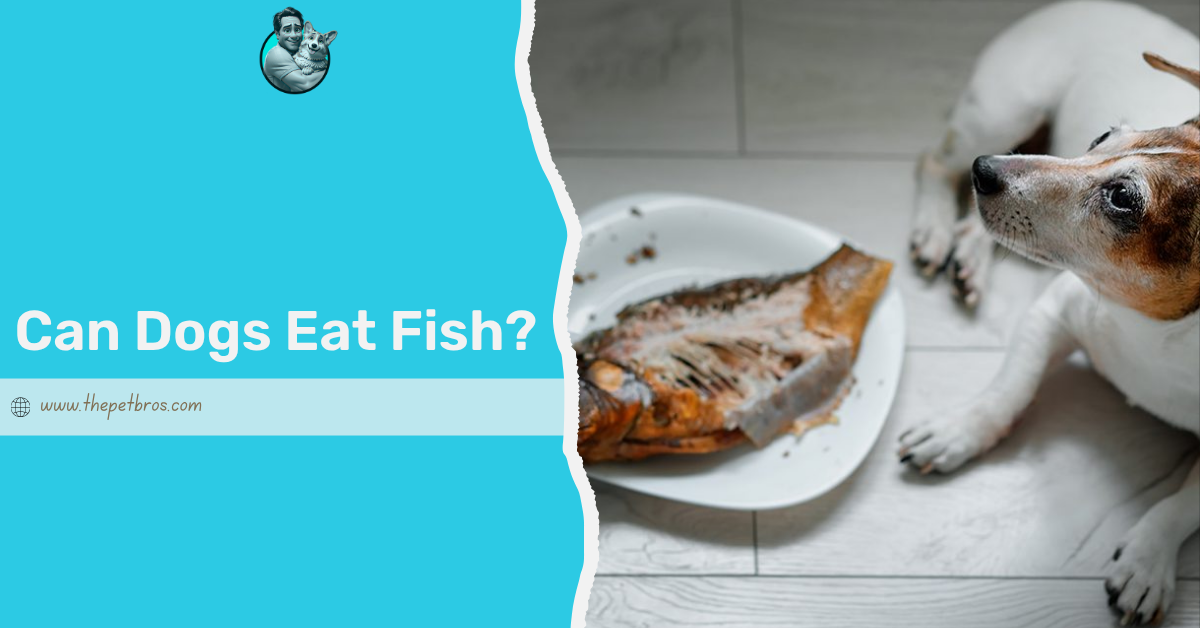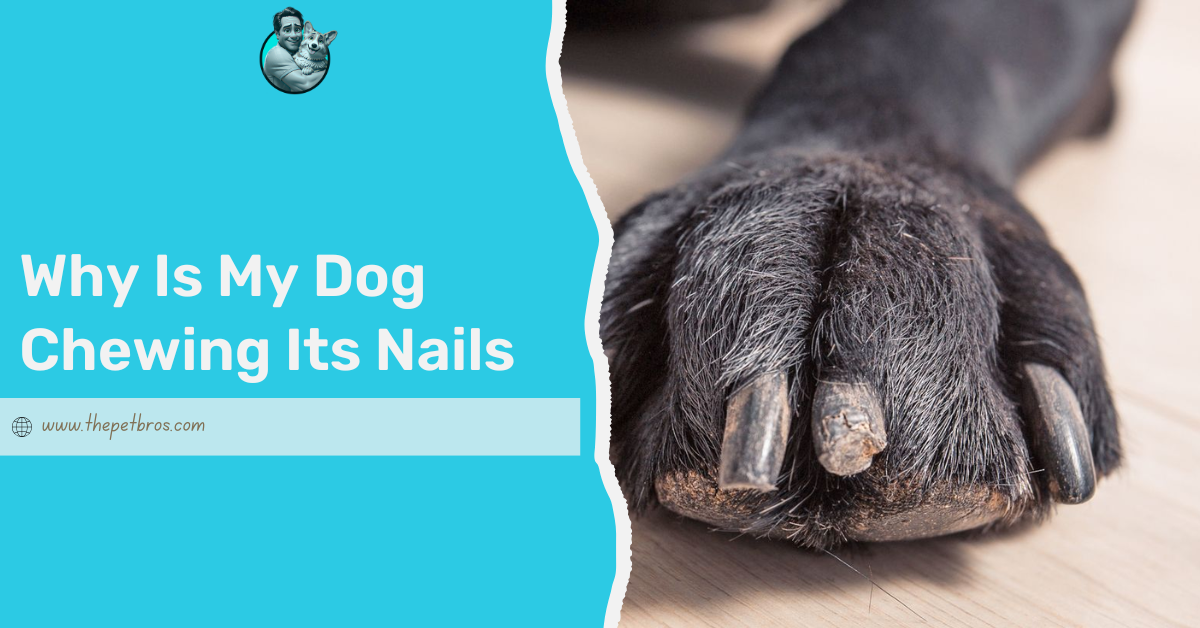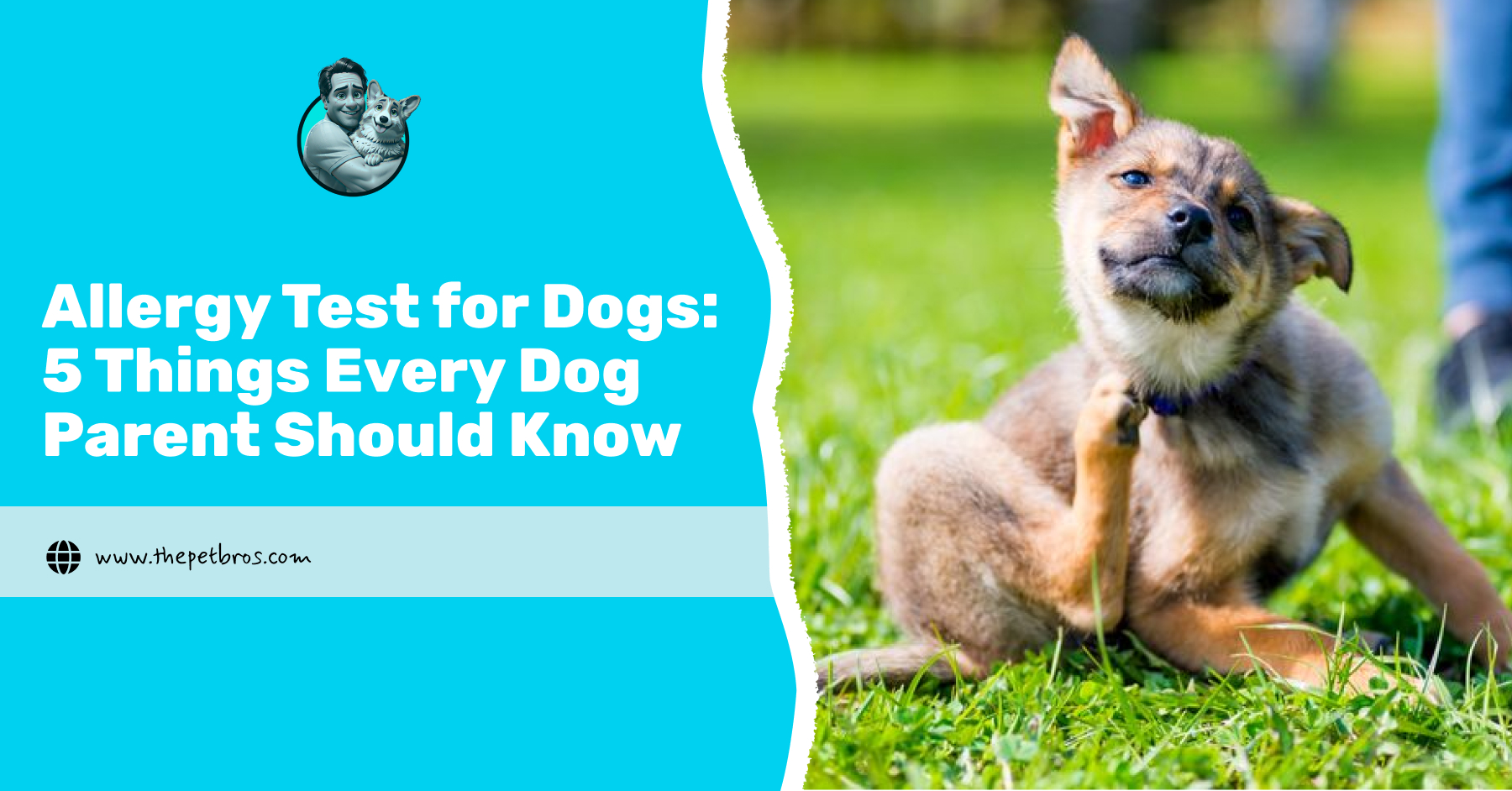Some pet parents swear by raw diets, others avoid them at all costs. Sitting right in the middle of this debate is the big question: can dogs eat raw chicken? While the answer is technically yes, science and veterinary experts warn that the real story isn’t so simple.
Before you let your pup snack on uncooked poultry, it’s worth knowing what risks and benefits come with feeding your dog raw chicken. Of course, raw chicken is high in protein and nutrients, but it also poses risks, including bacterial contamination, parasites, and choking hazards from bones. In this guide, we break it all down. Let’s get started!
Can Dogs Eat Raw Chicken?
Yes, dogs can eat raw chicken, but that doesn’t mean they should. While it might sound natural to feed your dog raw meat, especially since their wild ancestors hunted and ate it, modern dogs are a bit different from wolves. They’ve evolved to thrive on diets that are cooked, balanced, and formulated for their nutritional needs.
Raw chicken is packed with protein and essential nutrients like vitamin B12, iron, and zinc, all of which are great for your dog’s muscles and immune system. However, the problem isn’t what’s in the chicken; it’s what might be on it. Raw poultry often carries bacteria like Salmonella, Campylobacter, or Listeria, which can cause severe stomach upset or even avoidable infections in dogs.
Can Dogs Eat Raw Chicken Gizzards?
Yes, most dogs can eat raw chicken gizzards, and they actually make a pretty tasty treat for them. Gizzards are a small, muscular part of a chicken’s stomach. They are packed with iron, zinc, protein, and essential vitamins like B12, all nutrients that support healthy muscles and energy levels.
Because they’re tougher than regular meat, chewing gizzards can also help clean your dog’s teeth and strengthen their jaw. You can think of them as nature’s chewy snack. But as with most rich foods, moderation is key. Gizzards are dense and can upset your dog’s stomach if given too often or in large amounts.
The best way to serve them is as an occasional topper on your dog’s meal or as part of a balanced raw diet plan recommended by your vet.
Can Dogs Eat Raw Chicken Feet?
Yes, dogs can eat raw chicken feet, and they’re actually one of the few human foods that can be shared safely as long as you know what you’re doing. Chicken feet are rich in collagen, chondroitin, and glucosamine, all of which are beneficial for joint health. That’s why they’re often recommended for older dogs or breeds prone to hip and joint problems.
Chewing on raw chicken feet also provides your dog with a natural way to clean their teeth, almost like a crunchy toothbrush created by nature. Just make sure the nails are removed before serving and that the feet are fresh and unseasoned.
Unlike many human foods that dogs can eat, which are often too salty, sugary, or processed, chicken feet are a simple, natural, and nutrient-rich option. Still, it’s best to keep them as an occasional treat rather than a daily snack.
What Are The Risks of Dogs Eating Raw Chicken?
Feeding your dog raw chicken comes with a few not-so-natural consequences. The most significant risk is bacterial infection. Raw chicken can carry Salmonella, Campylobacter, and Listeria, all of which can cause stomach issues such as vomiting, diarrhea, loss of appetite, and fever. In some cases, dogs may also appear restless or whine at night due to stomach discomfort.
Another danger is the spread of foodborne illness to humans. Even if your dog doesn’t show symptoms, these bacteria can live in their mouth or stool. This means a simple lick or cuddle could unknowingly spread germs to your family.
Then there’s the risk of choking and blockage. Raw chicken bones are softer than cooked ones, but they can still splinter or lodge in your dog’s throat or intestines. If your dog starts breathing rapidly or pawing at their mouth after chewing on bones, it could mean something is stuck and needs immediate attention.
Lastly, a diet consisting primarily of raw chicken can lead to a nutritional imbalance. Dogs need a variety of vitamins and minerals to stay healthy, and chicken alone doesn’t provide enough. Over time, you might even notice issues like red paws or other signs of inflammation caused by underlying food sensitivities.
How to Safely Prepare Raw Chicken for Dogs
If you’ve decided to feed your dog raw chicken, it’s all about safety and balance. Here’s how to do it right:
- Start with quality chicken. Choose fresh cuts from a reputable butcher or store. Avoid meat that’s been sitting around too long.
- Freeze before serving. Pop the chicken in the freezer for at least a few days. This helps reduce bacteria and parasite risks.
- Keep it plain. No seasoning, sauces, or marinades. Dogs don’t need salt, garlic, or onion, and those can actually be harmful.
- Follow strict hygiene.
- Wash your hands before and after handling raw meat.
- Clean your chopping board, utensils, and your dog’s bowl with hot, soapy water.
- Keep raw chicken separate from human food to avoid cross-contamination.
- Serve in moderation. Raw chicken can be high in protein but lacks other nutrients your dog needs. Use it as an occasional treat, not a full meal.
- Add a healthy balance. Mix things up with dog-safe fruits and vegetables like:
- Carrots or pumpkin for fibre
- Blueberries for antioxidants
- Apples (seedless) or a cucumber for hydration
Conclusion
Raw chicken isn’t toxic, but it’s not the safest choice either. While it offers protein and nutrients, the risks often outweigh the benefits. If you want to treat your dog, stick to safer, balanced foods like cooked chicken, dog-friendly fruits, or vet-approved snacks.
Frequently Asked Questions
Can dogs eat raw meat?
Dogs can eat raw meat, but vets often recommend caution. Raw diets may lack complete nutrients and can spread bacteria to both dogs and humans.
Can dogs eat raw chicken bones?
Raw chicken bones are softer than cooked bones and less likely to splinter, but they still carry a choking or blockage risk. Always supervise your dog when offering them treats.
How to prepare raw chicken for dogs?
Freeze it first to reduce bacteria, defrost in the fridge, and serve unseasoned. Keep portions appropriate for your dog’s size and sanitise all surfaces after handling.
Can dogs get food poisoning from chicken?
Yes, raw or undercooked chicken can cause food poisoning in dogs, leading to diarrhoea, vomiting, and fever.






